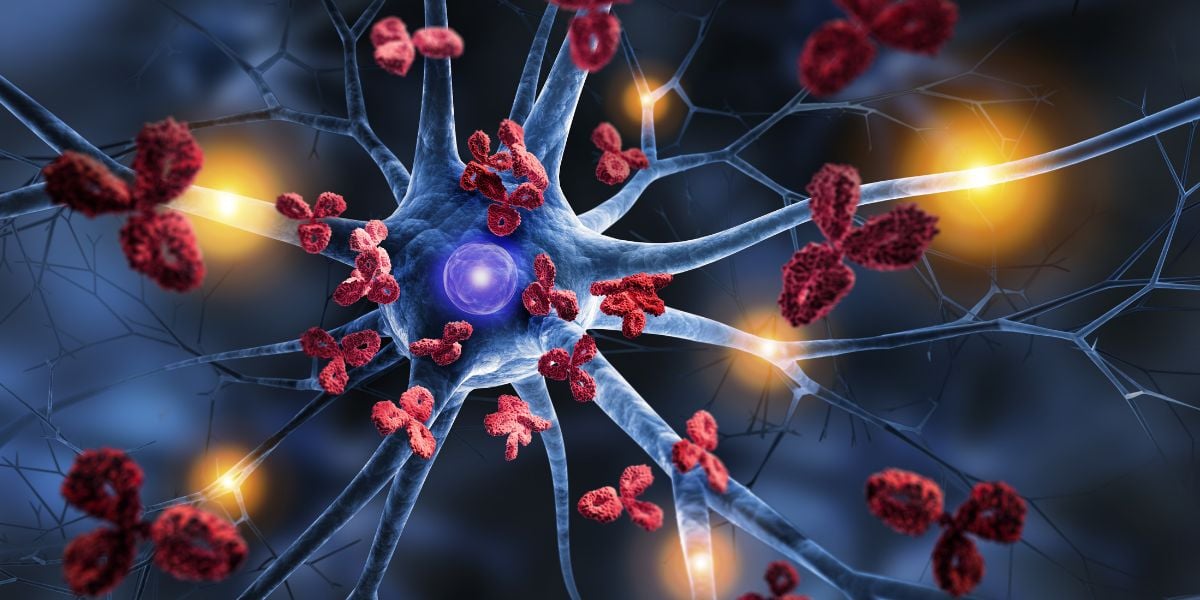Nerves are a collection of neurons, which are the individual nerve cells. Nerves can be damaged by diabetes – known as neuropathy.
A neuron has a soma (the cell body) which includes the cell nucleus, dendrites which conduct stimulation of the nerve, one or more axons which provide nerves with their length and axon terminals which transmit impulses to other nerves.
Where are the nerves located?
Our nerves are located throughout our bodies from our skin, through and round our organs and towards their centre, the brain.
In biology, the nervous system is divided into the central nervous system, which includes the nerves of the brain and the spine, and the peripheral nervous system which includes the rest of the nerves.
The peripheral nervous system encompasses, as a subcategory, the autonomic nervous system which helps the body to control involuntary functions including the movements of our heart, stomach, intestines, bladder and sweating.
Which types of nerves exist?
The main
2 types of nerves
are sensory nerves and motor nerves.
Sensory nerves
also known as afferent nerves, carry impulses from sensory receptors towards the brain.
Motor nerves
also known as efferent nerves, carry impulses away from the brain to muscles and glands.
How diabetes affects the nerves
Just as other cells do, the nerves need to be kept fuelled by the blood vessels which supply them with oxygen and other nutrients.
If blood vessels feeding the nerves become damaged by high blood glucose levels over extended periods of time, the nerves can become damaged and unable to function properly.
The term for nerve damage as a result of diabetes is
diabetic neuropathy
and can be categorised in different forms:
Sensory neuropathy is when the nerves that sense touch and heat are affected. This typically affects the extremities, such as the hands, feet and lower legs, and affects our ability to feel pain from these parts of our body.
This can be dangerous as it means we can sustain injury without knowing it. Sensory neuropathy can also cause us to feel unexplained tingling or burning sensations.
Motor neuropathy is when the nerves controlling muscular movement are affected. If the feet are affected, it can affect how we distribute our body weight on our feet and could lead to a foot complication known as
Charcot foot
Autonomic neuropathy can affect the nerves which control involuntary functions including stomach emptying, bowel movements, our ability to pass urine and sweat and can affect functioning of the heart.
Looking after your nerves
People with diabetes can reduce their risk of developing neuropathy by keeping
blood glucose within the target blood glucose level guidelines
The US National Institutes of Health state that vitamin B12 is an important nutrient for neurological function.
People with vitamin B12 deficiencies may have an increased risk of neuropathy.
Dietary sources of vitamin B12 come from animal products such as:
- Meat
- Fish
- Poultry
- Egg and
- Dairy products
The Mayo Clinic advises
regular exercise
and avoiding alcohol and smoking can help to reduce neuropathy risk.






